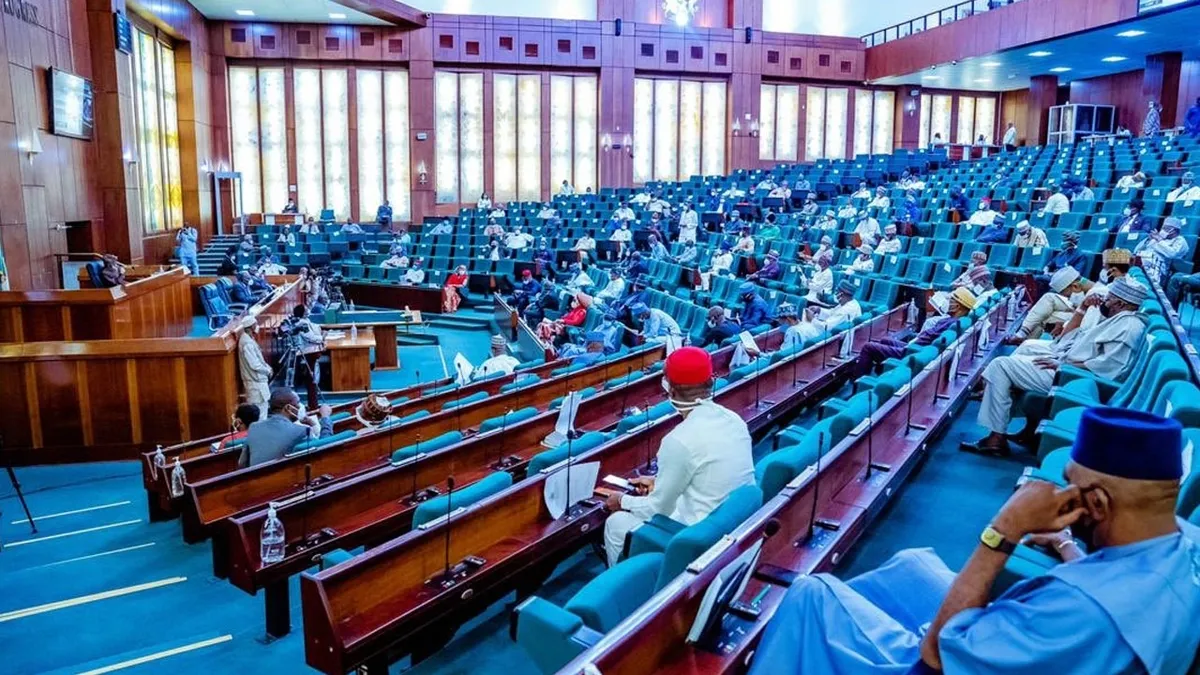Nigeria is on the brink of expanding its higher education landscape with the proposed establishment of 47 new federal universities.
The bill outlining this ambitious plan has successfully passed through the second reading, signaling a significant step toward bolstering the country’s academic infrastructure.
Simultaneously, the House has greenlit approximately 56 bills aimed at establishing Federal Medical Centres in various regions of Nigeria. This move underscores a concerted effort to enhance medical facilities and services across the nation.
Moreover, legislators are deliberating on additional bills to create 32 Federal Colleges of Education, 11 Federal Colleges of Agriculture, and five Federal Polytechnics. This comprehensive approach aims to address the growing demand for specialized education and skills development.
Currently, Nigeria boasts 52 federal universities, 22 federal medical centres, 27 federal colleges of education, and 40 polytechnics. The proposed additions align with the government’s commitment to providing diverse educational opportunities and fostering advancements in key sectors.
It’s worth noting that some of these bills had previously made their way through the 9th Assembly but faced obstacles in the Senate or were not signed by the President. The forthcoming institutions are poised to cover a spectrum of disciplines, including Science and Technology, Agriculture, Aviation, Medicals, and Engineering.
As the legislative process unfolds, the nation anticipates the positive impact of these educational expansions on workforce development, research capabilities, and overall socio-economic progress.



